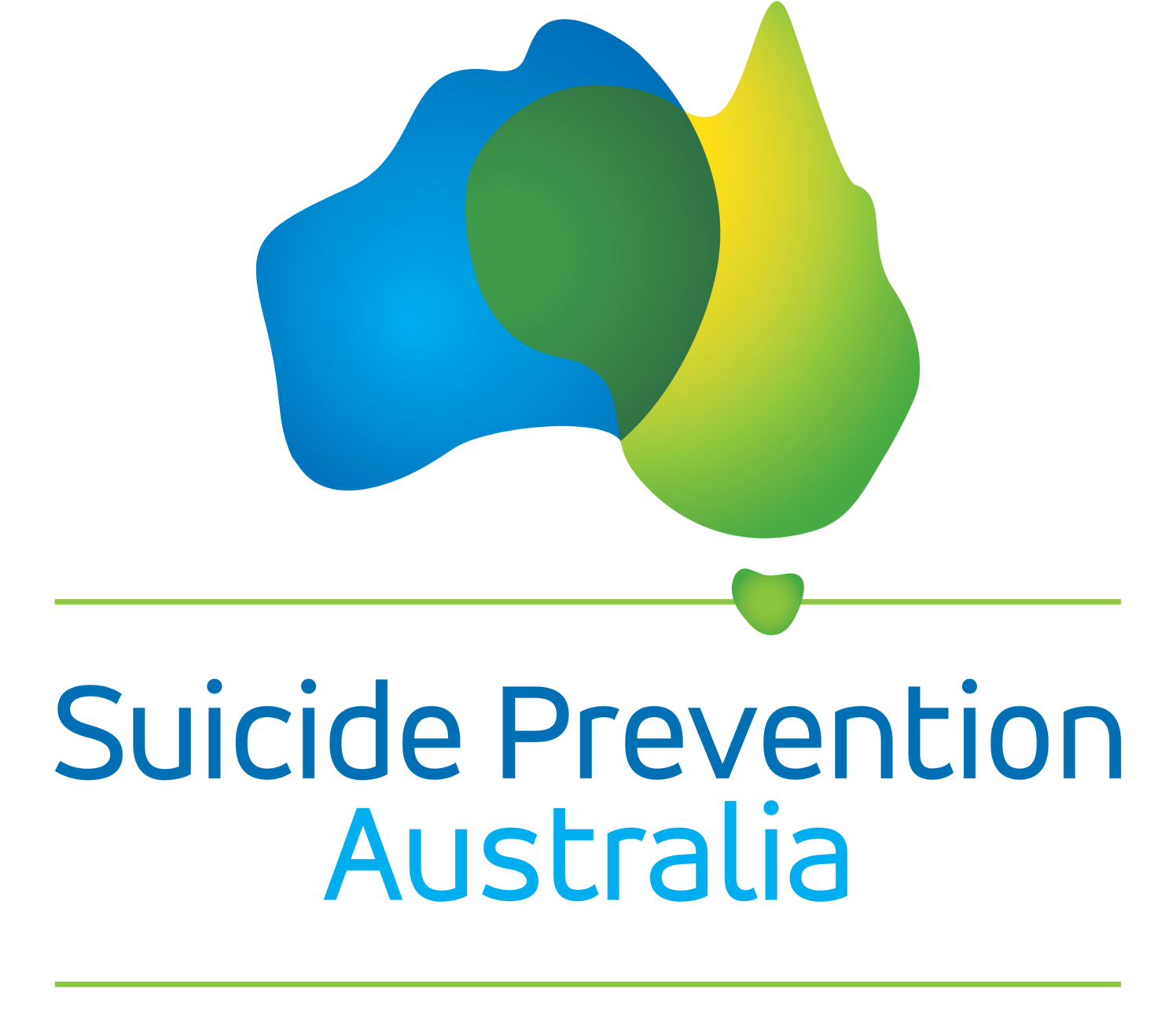A report released today by the Australian Institute of Health and Welfare (AIHW) revealed that during the height of the pandemic, there was fortunately no change in the number of suicides compared to the months prior to COVID-19.
The study by the University of Melbourne for AIHW analysed data from suicide registers in Victoria, Queensland and Tasmania looking at the three years before COVID-19 and seven months after the pandemic began in Australia. Compared with the pre-pandemic period, there was no change in the number of suicides overall. However, the number of young males who died by suicide during the COVID-19 period was higher than expected.
Suicide Prevention Australia CEO Nieves Murray said, “It is pleasing to see that there was no overall increase in suicide rates during the height of the pandemic, however, there is evidently a need for urgent and thorough attention towards young males under 25.
“The loss of young lives can be addressed by identifying people in distress early and applying solutions designed in consultation with young people.
“This recent data from AIHW aligns with our latest policy position on youth suicide released today.
“The need for evidence-based early intervention strategies and ongoing funding is a critical step to supporting young people in distress.
“It’s clear that young males were disproportionately affected by the COVID-19 pandemic when it comes to distress, and that more needs to be done to ensure they are getting timely access to the services they need.
“Early intervention and prevention supports for young people are needed to capture at-risk young people before they reach crisis point.
“It is critical when young people in suicidal crisis seek help that their first point of contact with formal support provides a compassionate and effective response. Australia needs support services that are equipped to respond to the needs of young people.
“For example, extra investment is needed to implement comprehensive programs of youth specific gatekeeper training for people who regularly interact with young people like teachers, social workers, youth workers, government employees and frontline workers in mental health.
“Services also need to be informed by co-design with young people and research evidence on how best to address suicide risks in young people.
“We need to keep supporting those at-risk in our community through early intervention, prevention and treatment. There are evidence-based programs and services out there ready to be implemented but there needs to be extra attention and funding to roll these out,” said Ms Murray.
Nic Brown, CEO of batyr said, “We know that COVID-19 has had an undeniable impact on the mental health of young people, and as the report shows, particularly young men. Young men in distress, are not receiving the support they need. We need to act now. We support Suicide Prevention Australia’s recent policy position and calls for more funding for early intervention and prevention services that are informed by young people. This funding is critical in ensuring young people are supported before reaching the point of crisis. We need to connect with them where they are – in schools, universities, workplaces and online. Training a generation of young people with the tools, education and support systems to navigate challenging times and help remind them that people care and they aren’t alone.”
Ashley de Silva, CEO of ReachOut said, “The latest AIHW report is concerning as it clearly demonstrates the significant, ongoing impacts of the pandemic on the lives and mental health of young people in Australia. As we move into the next phase of the pandemic to living with COVID, many of these issues have not gone away. Today’s report confirms the importance of ReachOut’s focus on early intervention and prevention for young people when it comes to mental health and suicide. We co-design our resources with young people to ensure we are supporting them in ways that work. This data shows that more needs to be done to support young men before they reach a crisis point.”
Ms Murray said, “It’s important to remember that every statistic represents a life lost that has a cascading impact among families, friends, colleagues and community groups. Every life lost to suicide is heartbreaking.
“Help is always available no matter who you are or what situation you are in. You do not have to go this alone. If you are feeling distress, please reach out and access the various support services that are available,” said Ms Murray.
To get help 24/7, phone Lifeline on 13 11 14 or the Suicide Call Back Service on 1300 659 467. If you or someone you know are in immediate danger, phone 000 for emergency services.
Help to report about suicide safely is available online: Go to https://mindframe.org.au/
Media enquiries:
Clare Kinsella 0427 689 689 or clarek@suicidepreventionaust.org
Amelia Banks 0410 591 134 or ameliab@suicidepreventionaust.org
About Suicide Prevention Australia
Suicide Prevention Australia is the national peak body and we’ve been providing support for Australia’s suicide prevention sector for more than 25 years. We support and advocate for our members to drive continual improvement in suicide prevention policy, programs and services. Our reach is broad, including member organisations, governments, businesses, researchers, practitioners and those with lived experience. We are focused on an integrated approach to suicide prevention encompassing mental health, social, economic and community factors. We believe that through collaborative effort and shared purpose, we can achieve our vision of a world without suicide.
